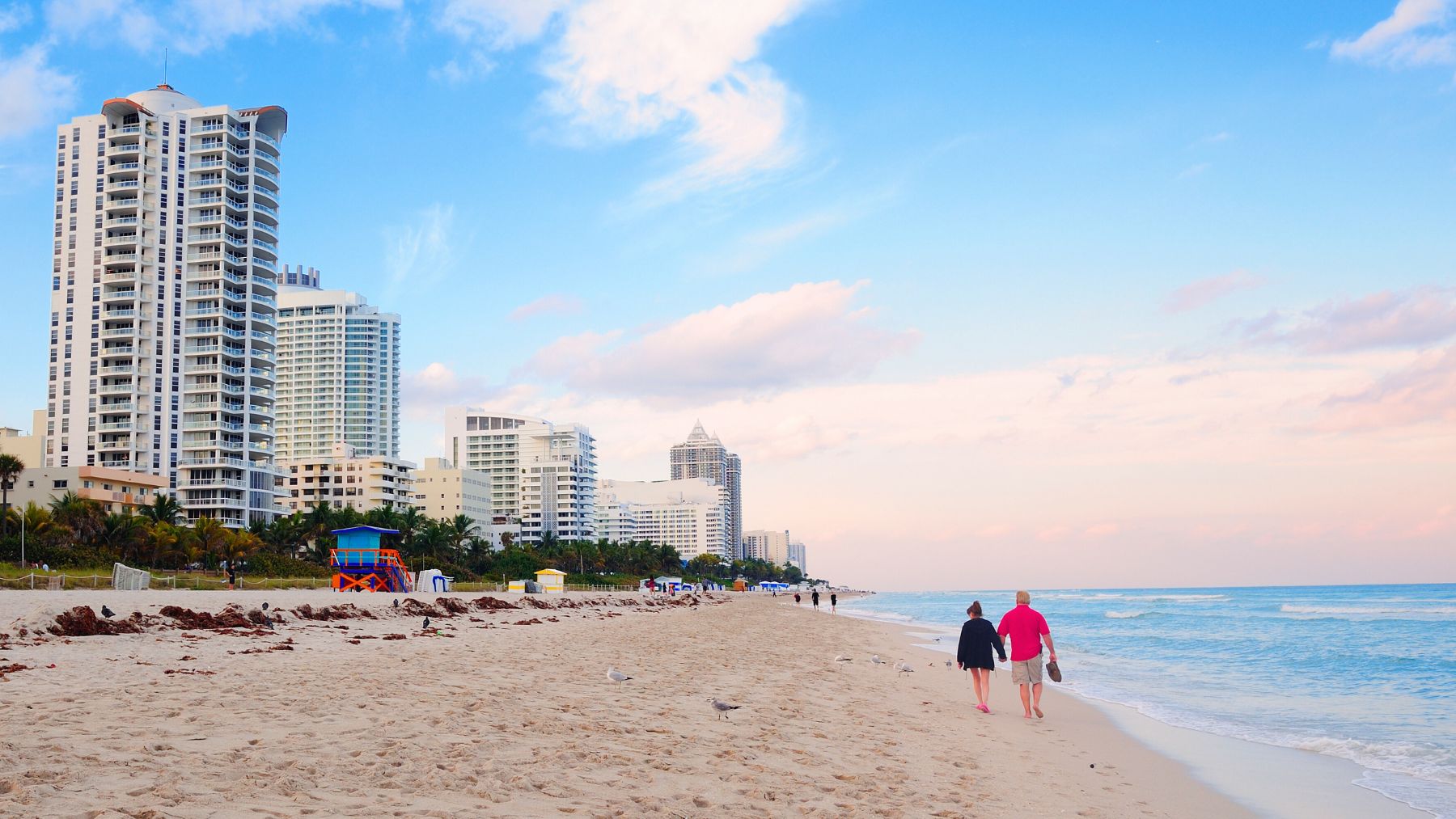Living by the ocean might offer more than a nice view. New research from Ohio State University suggests that Americans who live near the coast tend to live longer than those who don’t. It may come down to air quality, temperature, and access to safe outdoor spaces.
In this study, researchers looked at over 66,000 US census tracts and found that people who live within 30 miles of a coast had an average life expectancy about one year longer than the national average of 78.4 years. The benefits held even after factoring in race, age, and income. Here, we’ll break down what’s driving the coastal advantage and how living near water can affect your health.
Living near the coast may lead to a longer life
The researchers found a consistent link between proximity to oceanfront areas and longer lifespans. Leading the study was Jianyong “Jamie” Wu from the College of Public Health at Ohio State, who noted that coastal residents had life expectancies of 79 years or more, while those in inland urban areas near rivers or lakes were closer to 78 or below.
One reason relies on temperature. Coastal counties experience fewer extreme heat days each year, and heatwaves are linked to spikes in heart attacks and stroke, especially in older adults. Cleaner air also plays a role: coastal breezes reduce exposure to air pollution, which has been shown to shorten global life expectancy by nearly a year.
Coastal areas also encourage more physical activity. A recent survey found people with access to nearby “blue space”—visible bodies of water—were more active, reporting 23% more weekly movement. That increased activity can lower obesity rates and improve heart health. From beach walks to pier fishing, oceanfront areas support daily movement in a way that many inland urban areas do not.
Not all water views bring health benefits
While living near the ocean seems to come with clear advantages, urban neighborhoods near inland lakes or rivers often showed the opposite trend: shorter lifespans, even when the water was clean and large enough to be considered a blue space.
In some cases, the presence of industrial runoff, poor water quality, or blocked public access can cancel out any health benefit. For example, city rivers that run through dense neighborhoods may be surrounded by highways, fencing, or commercial zones, leaving little opportunity for recreation.
In many cities, flood-prone areas near rivers showed the sharpest drops in life expectancy. Limited access to clean air, green space, or healthcare can compound those risks. Still, the study highlights how small environmental shifts can have a measurable impact. That’s why public health experts recommend that city planners invest in safer, greener waterfronts, restore urban rivers, and build out public access to lakes and coastal areas.
As the US average life expectancy shows signs of rebounding post-pandemic, expanding access to clean, safe blue space could help push that number even higher. The study, published in Environmental Research, makes it clear: where you live—especially when it comes to the coast—can affect how long you live.

